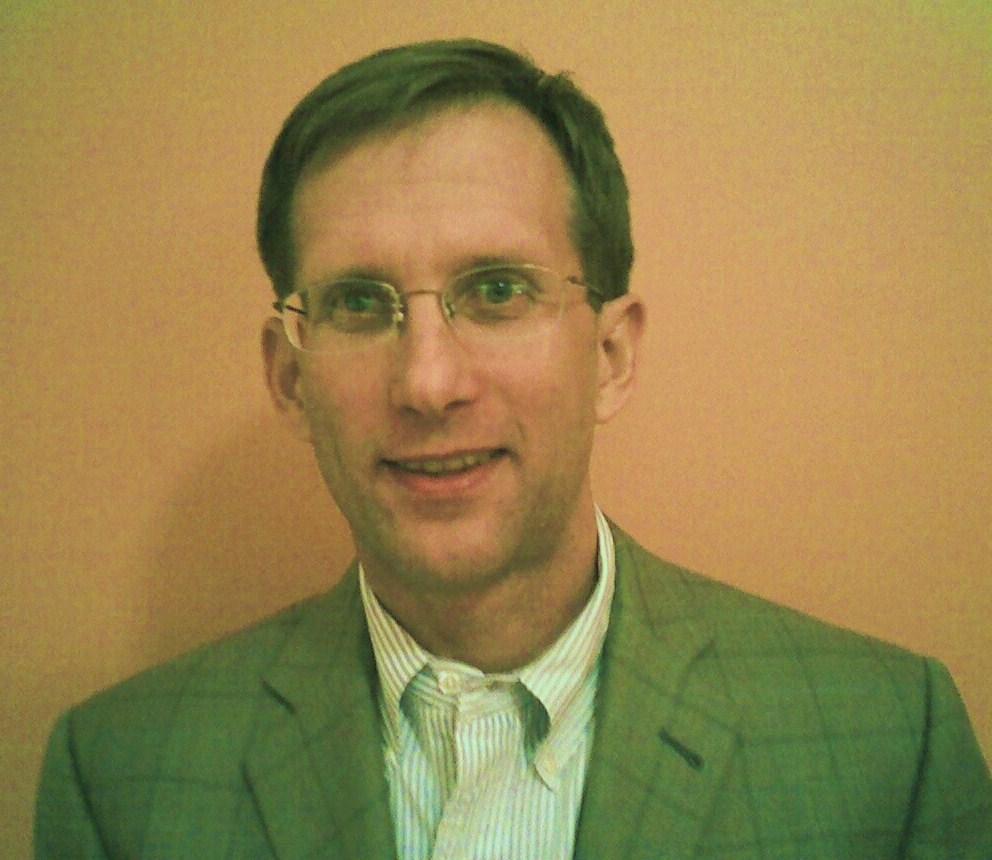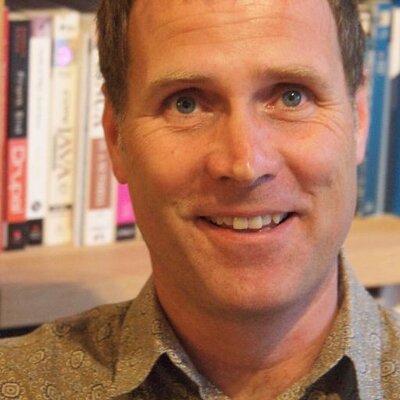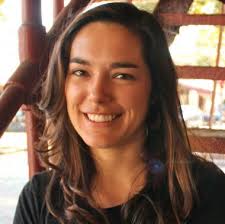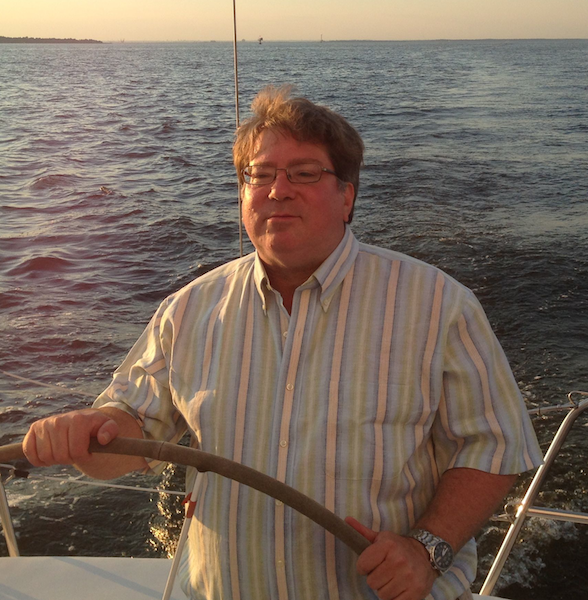 Pundits worry about the chilling effect that medical school debt -- which approaches $200,000, according to the AAMC -- has on our future physician workforce. If so, I'm wondering if health care should take a page out of a tactic being used for pro athletes: allow investors to buy shares of physicians' future income...To be honest, I'm not even really all that interested in securitizing physicians' incomes, even for those (relatively) poor primary care physicians. Complaints about incomes aside, most physicians do quite well financially and, of course, much better than in most other countries. What I'm interested in is having the data on physicians that such an approach would require.
Pundits worry about the chilling effect that medical school debt -- which approaches $200,000, according to the AAMC -- has on our future physician workforce. If so, I'm wondering if health care should take a page out of a tactic being used for pro athletes: allow investors to buy shares of physicians' future income...To be honest, I'm not even really all that interested in securitizing physicians' incomes, even for those (relatively) poor primary care physicians. Complaints about incomes aside, most physicians do quite well financially and, of course, much better than in most other countries. What I'm interested in is having the data on physicians that such an approach would require.
 Open source has united Denmark’s public libraries, working together on an ‘open system of tools for cultural innovation, collaboration, and sharing of results in a digital society’. The TING community, in which libraries are developing open source solutions to help bring their services online, includes 50 of the country’s 98 municipalities. In the past six years, TING has gone beyond libraries, its mindset attracting other public administrations in the country, says community manager Niels Schmidt Petersen. The community has now been superseded by OS2, the Danish community for public administrations and open source.
Open source has united Denmark’s public libraries, working together on an ‘open system of tools for cultural innovation, collaboration, and sharing of results in a digital society’. The TING community, in which libraries are developing open source solutions to help bring their services online, includes 50 of the country’s 98 municipalities. In the past six years, TING has gone beyond libraries, its mindset attracting other public administrations in the country, says community manager Niels Schmidt Petersen. The community has now been superseded by OS2, the Danish community for public administrations and open source.
 Today's release by Wikileaks of what is believed to be the current and essentially final version of the intellectual property (IP) chapter of the Trans-Pacific Partnership (TPP) confirms our worst fears about the agreement, and dashes the few hopes that we held out that its most onerous provisions wouldn't survive to the end of the negotiations. Since we now have the agreed text, we'll be including some paragraph references that you can cross-reference for yourself—but be aware that some of them contain placeholders like “x” that may change in the cleaned-up text. Also, our analysis here is limited to the copyright and Internet-related provisions of the chapter, but analyses of the impacts of other parts of the chapter have been published by Wikileaks and others.
Today's release by Wikileaks of what is believed to be the current and essentially final version of the intellectual property (IP) chapter of the Trans-Pacific Partnership (TPP) confirms our worst fears about the agreement, and dashes the few hopes that we held out that its most onerous provisions wouldn't survive to the end of the negotiations. Since we now have the agreed text, we'll be including some paragraph references that you can cross-reference for yourself—but be aware that some of them contain placeholders like “x” that may change in the cleaned-up text. Also, our analysis here is limited to the copyright and Internet-related provisions of the chapter, but analyses of the impacts of other parts of the chapter have been published by Wikileaks and others. I think we've all read our fair share of reports about lessons learned and the challenges and opportunities for governments taking up open source software. Frankly, many of them seem a bit dry, and often repetitive. But one study I recently came across (that has not received much media coverage) stood out. Its predicate was different that most, recognizing the positive: open source software (OSS) "is being used in [the U.S.] government, as well as being released by the government (as both minor improvements and whole new projects), and the government is receiving benefits from doing so. However, many in government are unaware of this." In short, it appears to find the glass half filled—or better—rather than half empty...
I think we've all read our fair share of reports about lessons learned and the challenges and opportunities for governments taking up open source software. Frankly, many of them seem a bit dry, and often repetitive. But one study I recently came across (that has not received much media coverage) stood out. Its predicate was different that most, recognizing the positive: open source software (OSS) "is being used in [the U.S.] government, as well as being released by the government (as both minor improvements and whole new projects), and the government is receiving benefits from doing so. However, many in government are unaware of this." In short, it appears to find the glass half filled—or better—rather than half empty... The Python Software Foundation's (PSF) Director Carol Willing is ready for the Grace Hopper Celebration of Women conference to start on October 14. One of the many highlights of her week will most definitely be the Open Source Day Codeathon, where some attendees will be making their very first contributions to open source. Carol will be mentoring coders for OpenHatch and the Systers' Volunteer Management System. OpenHatch matches people with projects, and Systers is the largest tech forum for women in the world. Learn more about these projects, and the PSF's role at Grace Hopper this year, in this interview.
The Python Software Foundation's (PSF) Director Carol Willing is ready for the Grace Hopper Celebration of Women conference to start on October 14. One of the many highlights of her week will most definitely be the Open Source Day Codeathon, where some attendees will be making their very first contributions to open source. Carol will be mentoring coders for OpenHatch and the Systers' Volunteer Management System. OpenHatch matches people with projects, and Systers is the largest tech forum for women in the world. Learn more about these projects, and the PSF's role at Grace Hopper this year, in this interview. Steve Posnack from ONC declared today IT Bonanza Day. The Interoperability Roadmap, CMS Meaningful Use Final Rules with a Comment Period (Stage 2 and 3) as well as the ONC 2015 Certification Rule were published today...Here’s my first impression: It remains to be seen how the comment period on the EHR Incentive Programs final rule will be used to align the Meaningful Use program with the Medicare Access and CHIP Reauthorization Act of 2015 (MACRA) effort. It would not surprise me that the CMS final rules are not really final...
Steve Posnack from ONC declared today IT Bonanza Day. The Interoperability Roadmap, CMS Meaningful Use Final Rules with a Comment Period (Stage 2 and 3) as well as the ONC 2015 Certification Rule were published today...Here’s my first impression: It remains to be seen how the comment period on the EHR Incentive Programs final rule will be used to align the Meaningful Use program with the Medicare Access and CHIP Reauthorization Act of 2015 (MACRA) effort. It would not surprise me that the CMS final rules are not really final... More than 50 college students from across the world gathered this previous weekend at HackDC 2015, the first Hackathon dedicated to crowdsourcing innovative ways to address the serious problem of Post-Traumatic Stress Disorder (PTSD) by creating mobile applications and solutions. The event, which started on Friday, went through Sunday afternoon. Held at the Richard J. Ernst Community Cultural Center in the Annandale Campus of the Northern Virginia Community Colleges (NVCC), HackDC 2015 provided the participants with access to food, sleeping facilities, and showers so that they could work straight through the weekend.
More than 50 college students from across the world gathered this previous weekend at HackDC 2015, the first Hackathon dedicated to crowdsourcing innovative ways to address the serious problem of Post-Traumatic Stress Disorder (PTSD) by creating mobile applications and solutions. The event, which started on Friday, went through Sunday afternoon. Held at the Richard J. Ernst Community Cultural Center in the Annandale Campus of the Northern Virginia Community Colleges (NVCC), HackDC 2015 provided the participants with access to food, sleeping facilities, and showers so that they could work straight through the weekend.  Using mobile phone data to track people’s movements can help predict how dengue fever spreads, epidemiologists have shown in Pakistan. The disease only appeared in northeast Pakistan in recent years, after being “largely confined” to the southern city of Karachi, the study says. As the transmission of the virus that causes dengue fever is partly driven by human travel, analysing how people move across the country allows researchers to predict when and where epidemics may break out.
Using mobile phone data to track people’s movements can help predict how dengue fever spreads, epidemiologists have shown in Pakistan. The disease only appeared in northeast Pakistan in recent years, after being “largely confined” to the southern city of Karachi, the study says. As the transmission of the virus that causes dengue fever is partly driven by human travel, analysing how people move across the country allows researchers to predict when and where epidemics may break out.